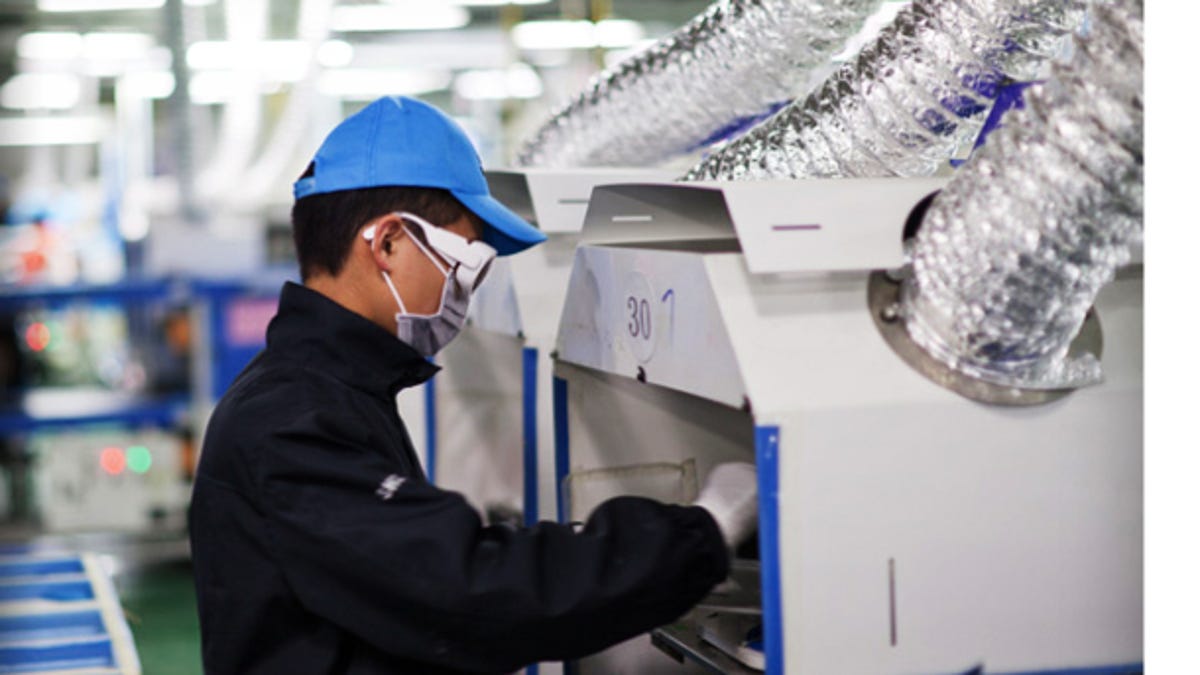iPad maker Foxconn turns to X-ray inspections to cut defects
The supplier to Apple is adding inline X-ray inspection systems, in a move seen as a way to improve efficiency and reduce product defects.

As Apple prepares for the Wednesday debut of what's widely expected to be the iPad 3, the company's main contract supplier is tweaking its manufacturing process with an eye toward reducing product defects -- and possibly head count as well.
Foxconn Technology, which has about 1.2 million employees working at its myriad factories in China, has begun adding automated inline X-ray inspection systems to its plants, according to a source with first-hand knowledge of the change. With inline X-ray machines using software algorithms to inspect solder joints or printed circuit boards at production line speeds, a company is able to spot defects that humans might miss before the pieces get tucked into packages for resale.
The company did not respond to e-mails seeking comment.
It is not known whether Foxconn was responding to new quality concerns or simply trying to improve its production processes. Based on Foxconn's recent history, there's evidence to believe that its emphasis on automation may well be connected to management's desire to combat higher labor costs. About 1.2 million people now work at Foxconn. Last summer, the Chinese news agency Xinhua reported that the company intended to introduce more than 1 million robots into its plants, presumably to replace a yet-to-be-announced number of humans.
The idea would be that more machines translates into better efficiency. When you've got machines pumping out lots of product, you're less likely to wind up with boxes of junk that get past human eyeballs, said the source, who noted that implementation of that type of process control pays for itself."They're buying huge quantities, unprecedented quantities," the source said. "A big reason to do that is because you're running into quality issues on the production line."
Meanwhile, Foxconn also has been under increasing pressure to improve working conditions at its factories, which make products for many U.S. companies besides Apple, including Hewlett-Packard, Dell, and Microsoft. In 2010, several workers in the company's Shenzhen factory committed suicide, and reports that followed tied their deaths to working conditions at the plants. In January of this year, hundreds of Foxconn workers staged a protest in which they threatened mass suicide unless their pay demands were met. The two sides ultimately reached an accord over wages.

